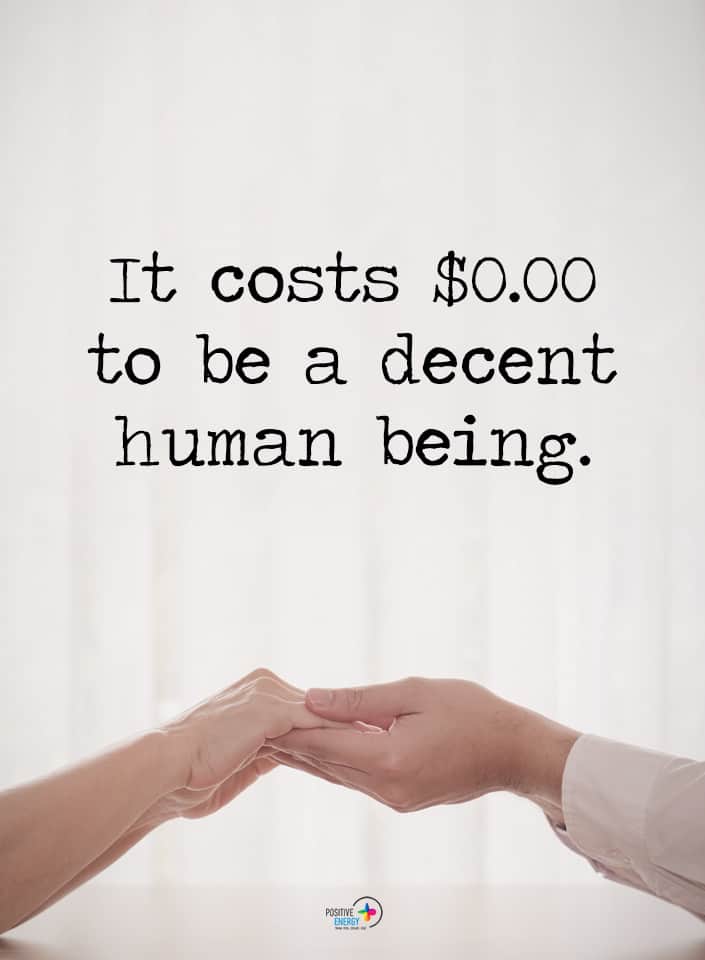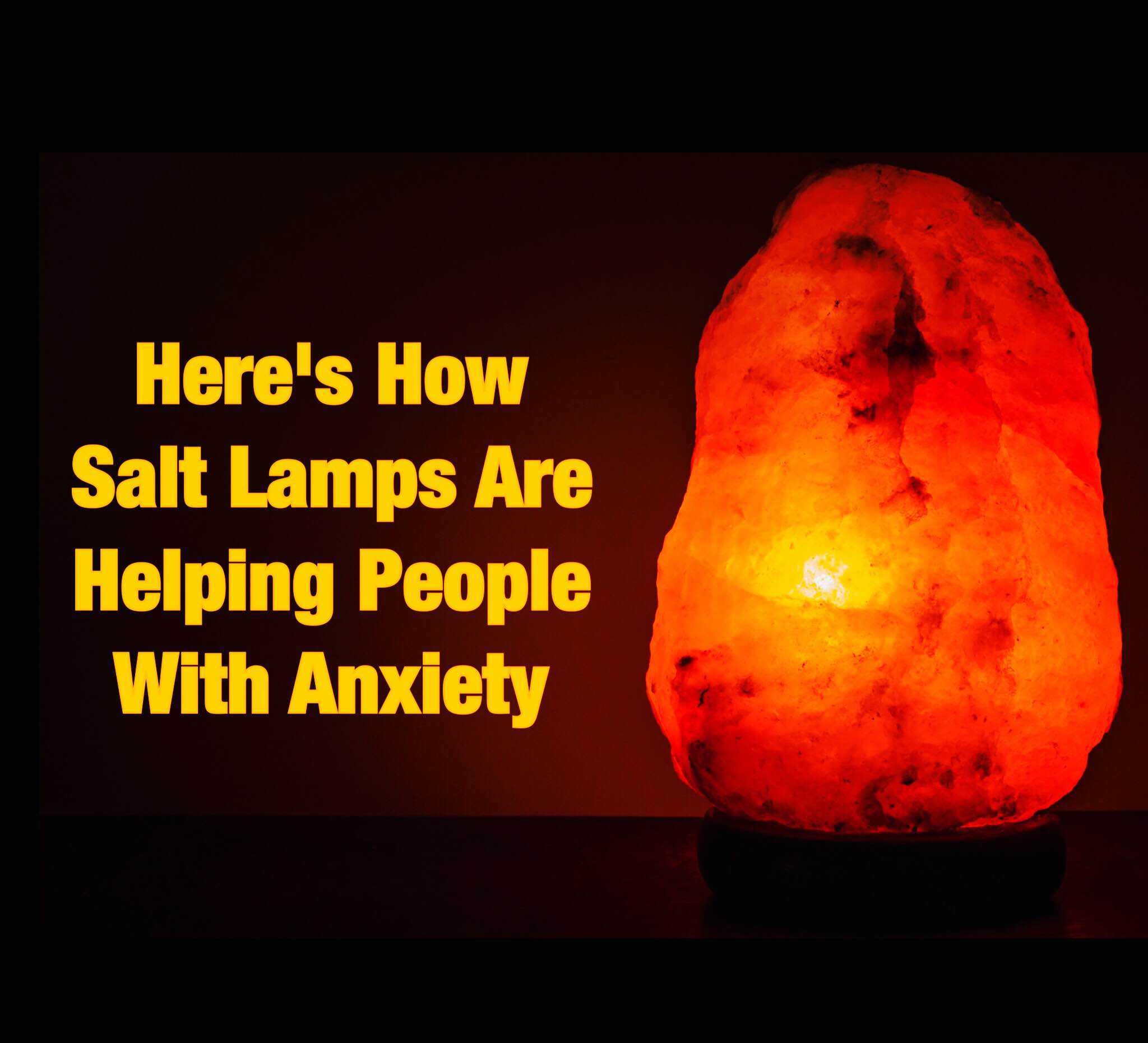When you have left a mentally abusive relationship, recovering from the damage is essential. It wreaks havoc on your self-esteem, relationships, career, mental health, and your overall well-being. You must leave the abusive relationship to begin your recovery.
If you have already taken that difficult step, then your recovery has already begun. As a huge step, it is sometimes the hardest one to make. Remind yourself that mental abuse is a form of domestic violence, and you don’t deserve to be in that situation.
Once you’ve left the relationship, you will have to put your life back together. Focus on what makes you happy and what keeps you healthy. Focus on your loved ones, your home, and your career, and avoid toxic people at all costs. While you may sometimes miss your abuser, remember that abusers don’t change.
You will recover, even if it doesn’t happen right away. Knowing what to do after you end things helps your recovery happen sooner and more effectively. Through research and observations, therapists have determined the best ways to recover from a mentally abusive relationship.
How to Recover from a Mentally Abusive Relationship
Here are eleven tips on recovering from this abuse.
1 – Acknowledge What Happened
If you want to recover, you can’t pretend the abuse didn’t happen. Instead, acknowledge that you were abused and never downplay what happened. You likely feel negative about the situation, and ignoring it may seem like the easy option, but it won’t help your healing.
Ignoring it will only cause further damage, and the negative emotions you are having will linger. To heal, you have to acknowledge first what happened and face all of the feelings that follow. You will likely feel embarrassed, ashamed, angry, or scared, but it will get better.
It’s important not to downplay what happened to you. Despite what you may think or what others may say, you are not dramatic or out of line. Your reactions are accurate, just as your emotions are real.
Although remembering your experiences may be painful, it is essential to recognize the abuse. Then, you will be able to move on to the next step in recovering.
2 – Remove the Abuser from Your Life
This tip may be hard to do if you love the person, but it is necessary if you want to begin healing. You shouldn’t contact them and should refrain from checking their social media. It’s also essential to remove pictures and mementos of your time with them.
Removing the abuser from your life also means cutting ties with friends who spend time with your abuser. Taking the chance of running into them can trigger many painful feelings and hinder your healing process.
Instead, spend time with people who support you and give you a sense of comfort. Find those who bring you joy and invest your time and energy into those people. Learn to cherish those who cherish you and won’t make you feel the way you did when you were abused.
3 – Find support
As mentioned before, you should cherish the people who bring you positive feelings. Spend your time with them, and seek support from those you trust. This network could be friends, family members, or a licensed therapist.
When you are recovering from a mentally abusive relationship, you may become depressed or anxious. This is when you need a support system the most. So, make sure to find someone who helps you feel validated and supported.
When you have support, you’ll be able to regain your self-esteem. You will realize your genuine worth and know that your abuser’s words and behavior had nothing to do with you. If you choose toxic people instead, your recovery will be impossible.
Your support system shouldn’t be connected to your abuser. If that leaves you with few friends, consider meeting people by joining a team or taking a class. You could also try reconnecting with old friends that you lost touch with.
4 – Focus on Things That Interest You
So, when removing your abuser from your life, you will have to think about how you’ll spend your time. Make this a positive change and focus on things that interest you. Think of the things you’ve always wanted to do and get started on one or two of them.
Maybe this will lead you to take a class or joining a group, which could help you make new friends. By focusing on what you are interested in, you’ll be able to live joyfully and think positively. Plus, being in this environment puts you in the same place as others who share your same interests.
5 – Find a Creative Outlet
You need to have some way to let your feelings out, and doing this creatively helps with healing. There are many creative outlets to express yourself, so the key is finding which art form is best for you. Some options include:
- journaling
- music
- painting
- poetry
- writing stories or novels
6 – Resume or Develop a Regular Schedule
If you had a schedule that worked for you before the relationship, try to resume that one. If you didn’t have a regular schedule, this is the perfect time to develop one. The routine will help you return to a sense of normal.
Developing a regular schedule can also help you in a health aspect. It will help you avoid overeating or oversleeping. Plus, you’ll be less likely to turn to alcohol or drugs for relief from your feelings.
7 – Consider a Support Group
Sometimes the best way to recover is to talk to others who have been through it. You won’t feel like you’re being judged, and you won’t have to explain why you think the way you do. When you feel understood and comfortable, it’ll be easier to process some of your thoughts and feelings.
You will feel validated and become assured that the way you are feeling is justified. The other members of the support can offer empathy and help you with your recovery.
8 – Focus on Your Health
By focusing on your health, you will recognize your own needs instead of thinking about the needs of others. It will remind you daily that you are, indeed, worthy, despite what you have been through. The time and willpower required of this will be worth it when your body becomes nourished.
You should make healthy choices and get the recommended amount of exercise each day. Do this even when you don’t feel like so that you can focus on feeling better and healing. Feeling good and being healthy will make you feel better, giving you a clearer mind to rebuild your life positively.
9 – Show Yourself Compassion
You have to forgive yourself and remember that the abuse wasn’t your fault. Remind yourself that you are healthy and give yourself grace when you feel weak. No matter what your abuser told you, you did not deserve the emotional abuse you encountered.
While you may have felt helpless in that situation, you have control now can begin to heal from those feelings. Since you are currently in charge, give yourself compassion so that you can start to heal. Forgive yourself for the errors you made along the journey, because it is not your fault.
10 – Remember that Their View of You is Not Accurate
When you’ve been in a mentally abusive relationship, you’ll hear many hurtful things about yourself. After some time, you’ll begin to believe all of the things your abuser says about you. Once you’ve left the relationship, however, you have to recognize that those views of you are not accurate.
Mentally abusive people say things to hurt you because they are hurting. They may say something about you that they subconsciously think about themselves. Either way, their views are inaccurate, and you are not what they say you are.
11 – Take Your Time
As with any kind of healing, recovery from a mentally abusive relationship takes time. It won’t happen quickly, and you’ll likely have some setbacks along the way. Keep trying and don’t give in to the negative feelings so you’ll be able to see the good that is coming.
Give yourself some grace and remember that while the healing will come, it may take a while. Keep doing things and seeing people that seem to help you, and avoid any triggers. The more you work at it, the sooner your recovery will happen.
Final Thoughts on Therapists Reveal How to Recover from a Mentally Abusive Relationship
Recovering from a mentally abusive relationship can be trying. It takes time, effort, support, patience, and strength. You will see progress and setbacks, and you have to keep trying every single day.
Focus on what makes you happy, and surround yourself with people who genuinely support you and love you. When you do this, you’ll see your worth and be able to recover more effectively.
If you need more help, you can get free and anonymous support. The National Domestic Violence Hotline can help you any time of the day and any day of the week. You need help to separate yourself from toxic people, so reach out if you don’t have anyone in your life.


















